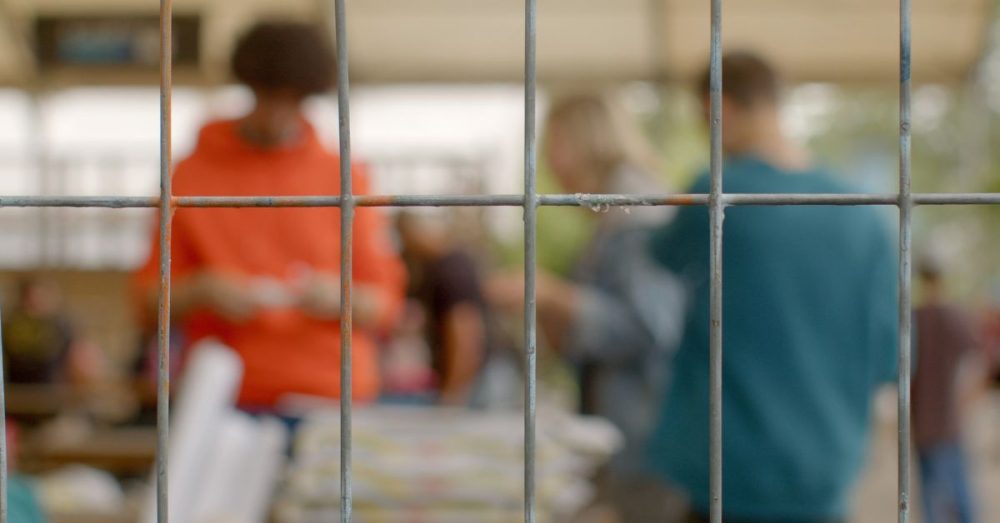Violent youth crime has steadily risen in Texas, sounding the alarm that preventative actions need to be taken.
In fiscal year 2023, 8.2% of youths in the Texas Juvenile Justice Department (TJJD) system committed murder, which breaks down to one out of every twelve admitted kids under the age of 18. That number has skyrocketed from the 1% of youths admitted to TJJD who had committed murder in 2018.
Additionally, the number of youths in TJJD with a determinate sentence rose from under 20% in 2018 to 33.6% in 2023. Determinate sentences mean the offender is given a prison or jail sentence with a set length and no possibility of parole. These are traditionally used in more serious crimes, such as murder, aggravated robbery, or sexual assault.
What goes hand in hand with the rising violent youth crime rates is the number of kids and teens who need mental health treatment.
According to TJJD, aggression and mental health treatment needs for youth are at an all-time high. Lack of mental health treatment for youth can put them at a higher risk of committing violent crimes.
A recent Dallas County community needs report showed that since the COVID-19 pandemic fallout, the mental health of adolescents has worsened. Female adolescents in Texas saw a 31% increase in depression from 2017 to 2021.
Since 2018, the number of TJJD youths admitted for homicide has doubled, firearms offenses have increased by 50%, and felony drug charges have sharply increased from 1,317 in 2018 to 7,978 in 2023.
Homicide is the third leading cause of death for people ages 10 to 24 nationwide, per the CDC.
Dallas has experienced similar patterns in its youth crime.
Two hundred forty-seven people were killed in Dallas last year, and nearly 43% of victims were in their teens or 20s, per the City’s crime analytics dashboard.
As of September 5, 166 people have been killed in Dallas so far this year. Of those deaths, 75 of them have been in their teens or 20s. Thirteen eighteen-year-olds in Dallas have been killed so far this year, the highest number out of any age.
While many youths are victims, just as many are perpetrators.
In July, two teenage girls were charged with capital murder after shooting a young man dead near Victory Park. The victim’s age was not revealed.
Communities are encouraged to implement prevention strategies to prevent the rate of violent youth crimes from increasing further.
Healthy family environments, especially in early childhood, can prevent children from falling down a path of crime, per the CDC.
Additionally, quality education early in life can make a difference. School-based programs, after-school programs, and mentoring programs can impact the kind of life a child lives.
Many children who become violent youth offenders grow up in violent environments, which is why the CDC states that street outreach and community norm change are so important.
Dallas is home to Café Momentum, a paid internship program for youth ages 15 through 19 who have been in the criminal justice system.
At the Café, at-risk teens work as servers, bussers, and cooks and are mentored by coaches on life and social skills.
Programs like Café Momentum can be pivotal in giving youth the community support they need to redirect their lives away from crime.


